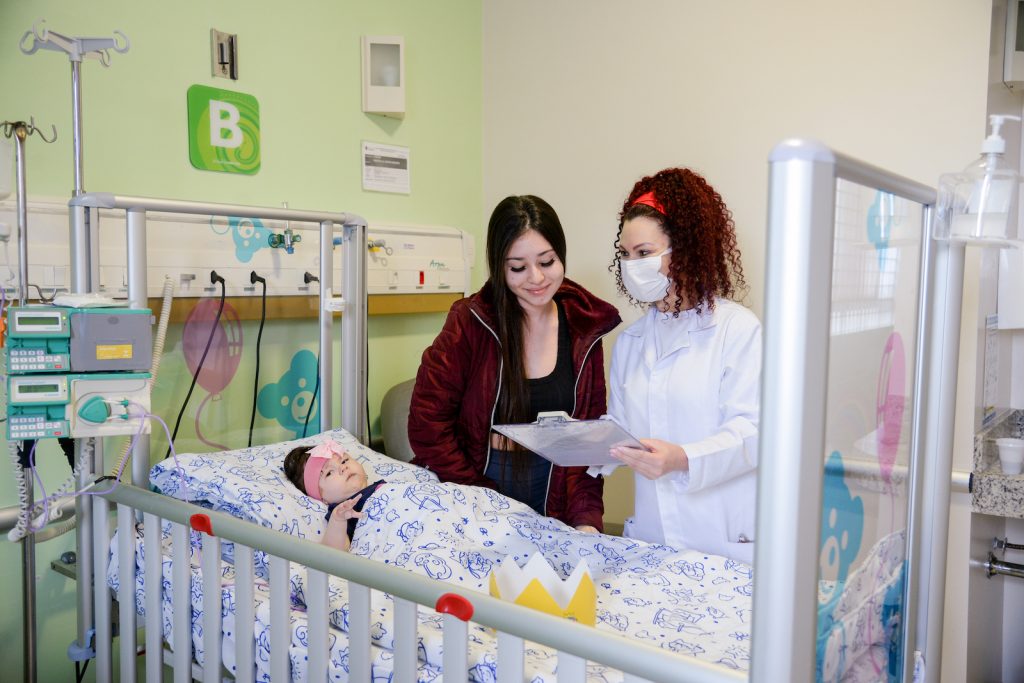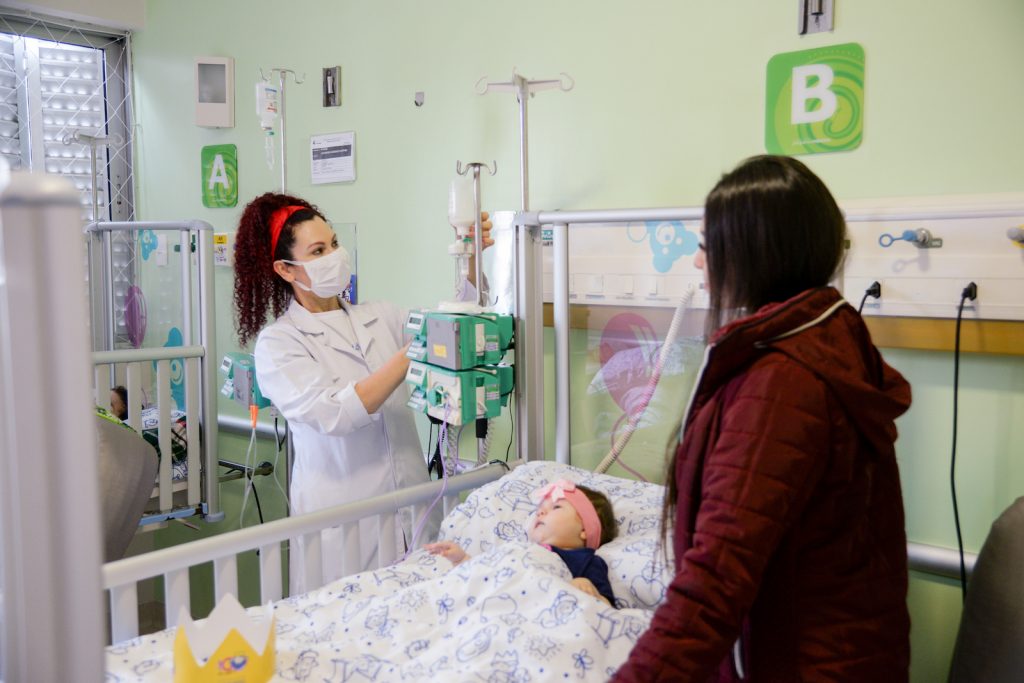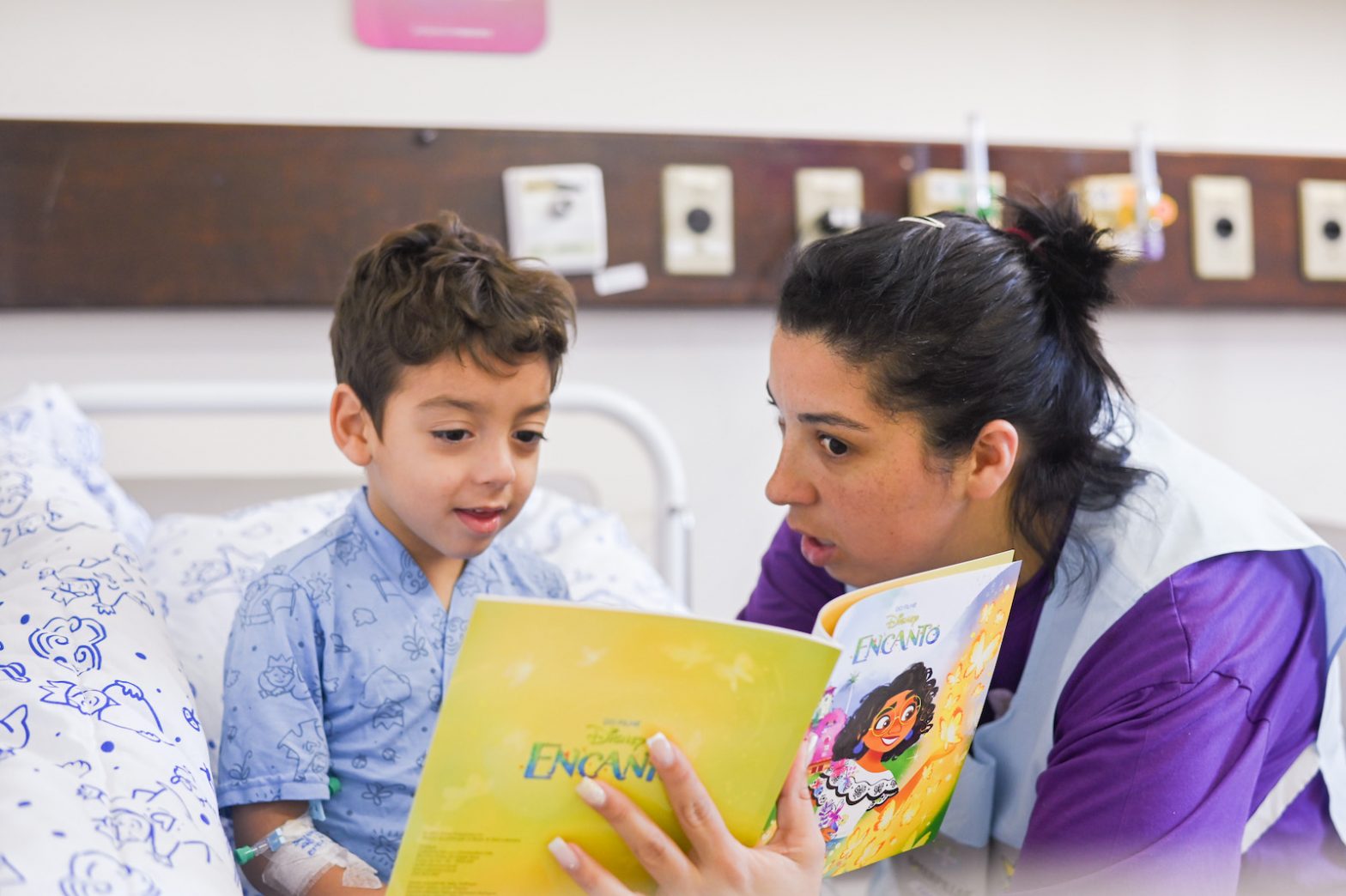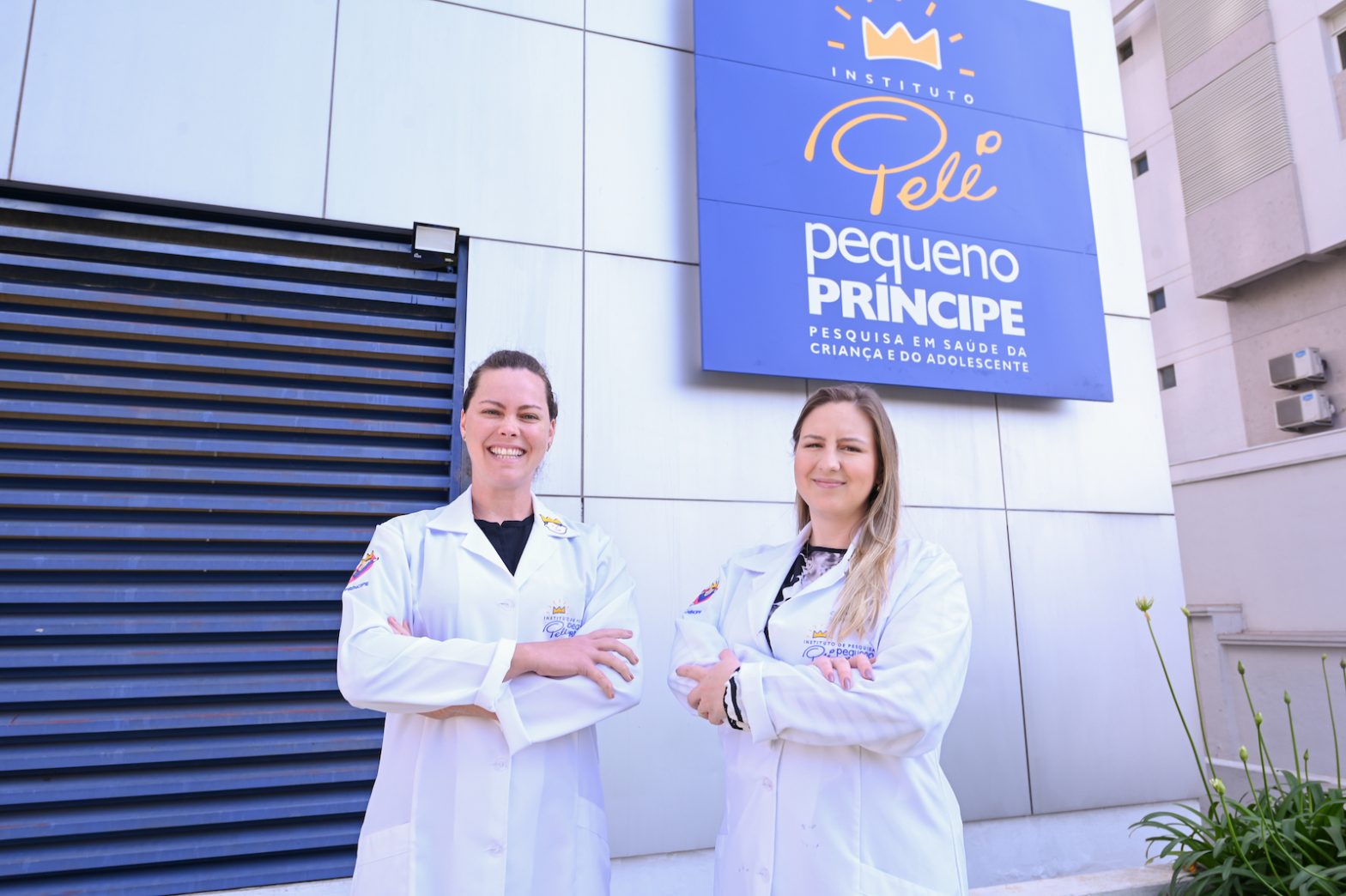With support from society, Pequeno Príncipe Hospital offers exams that improve the diagnosis of neuromuscular diseases
The Neuromuscular Diagnostic Laboratory project was made possible through the National Program to Support Healthcare for People with Disabilities (Pronas/MS)

The Neuromuscular Diagnostic Laboratory is already operating at Pequeno Príncipe Hospital. Implemented with the support of companies that donated through Income Tax waiver, the project is made possible by the National Program to Support Healthcare for People with Disabilities (Pronas/MS, in Portuguese). The initiative will carry out free muscle biopsies with immunohistochemistry until April 2024 and plans to offer tests for susceptibility to malignant hyperthermia, a disease that increases the risk of death in children by 70% when they undergo general anesthesia.
“The implementation of the Neuromuscular Diagnostic Laboratory project is another achievement made possible by the model of transferring resources through tax waivers from Pronas/MS, which allows for joint action by the public, private and third sector to achieve improvements in health conditions of people with disabilities,” explains the institution’s project manager, Thelma Alves de Oliveira. The planned tests contribute significantly to the early diagnosis of neuromuscular diseases in children and adolescents cared for by the Brazilian Public Health System (SUS, abbreviation in Portuguese), as in Paraná there are few services that carry out these assessments.
As it is based on the diagnosis that treatments are defined, whether it is medication, surgery or physiotherapy, speech therapy and psychotherapy, the laboratory in Pequeno Príncipe will enable early diagnoses, more assertive treatments, and rehabilitation. “With this, we will be able to reduce the mortality rate among these children, and we will improve the quality of life of patients and families,” emphasizes the executive director of Pequeno Príncipe, Ety Cristina Forte Carneiro.

What are neuromuscular diseases
Neuromuscular diseases are those that affect the spinal cord, nerve roots, nerves, neuromuscular junction, and muscles in a primary or secondary way, affecting systems that correlate with these structures, such as skeletal (bones and joints), cardiac, pulmonary, the digestive and phonatory system, with a significant impact on the person’s quality of life.
These diseases can be acquired or inherited and compromise the nerves and muscles, affecting the person’s movements. In general, the central neurological system is preserved (that is, mental functions), but the structures related to movement are impaired, which may prevent locomotion, swallowing and speech in its entirety.
In childhood, the most common disease is Duchenne muscular dystrophy, with a greater occurrence in boys and characterized by a gradual loss of muscle strength in all limbs, impediment of locomotion around the age of 12, and the need for breathing apparatus around 17 years old. The pathology is transmitted by the mother, who does not develop it. In adults, one of the best known and most aggressive neuromuscular diseases is amyotrophic lateral sclerosis (ALS), acquired, with rapid evolution and the need for breathing apparatus within five years, and loss of speech.
For information about available services to take exams, please refer to the following: +55 (41) 99861-4794 (WhatsApp) and contato-lab-neuromuscular@hpp.org.br.
More
Change to the ECA (Child and Adolescent Statute) strengthens protection for children and adolescence in Brazil
With the change, the allocation of resources to specific projects of organizations through tax waiver is ensured at a national level
Scientists from Pequeno Príncipe stand out in major universities around the world
With scholarships won in highly contested selection processes, teams advance in knowledge and strengthen relationships with highly relevant international organizations
Gala do Bem exceeds fundraising goal
On a riveting night, society came together to support the treatment and research against childhood cancer carried out at Pequeno Príncipe Hospital









